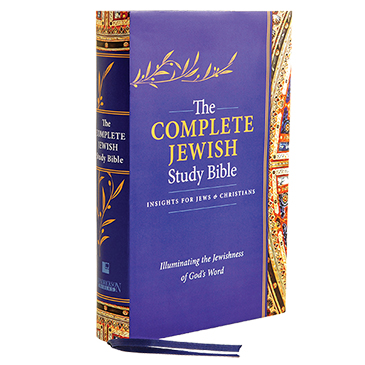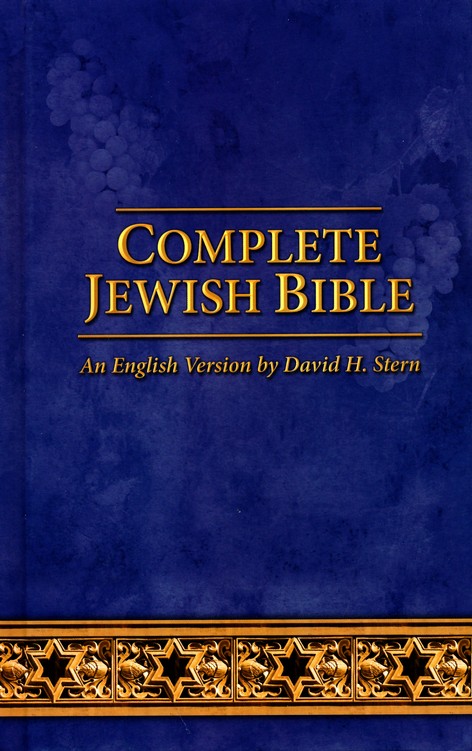
All forms of literary expression and spiritual creativity came from Torah study and their purpose was to enrich and deepen it.

Throughout the generations, from the destruction of the Temple, Jewish creative and spiritual life revolved around Torah study. Women’s removal from the realm of obligation meant their exclusion from the most important activity in Jewish culture. Though Jewish law granted a relatively higher status to women than did other cultures (such as classical Greek culture), for example regarding women’s place in home and family life, their obligations, and so on, it accorded them no partnership in learning or creative life. It is possible to explain the existence of these laws-even though they do not accord with the general rule regarding women’s exemption from mitzvot-as an expression of the cultural view that prevailed in all cultures until the nineteenth century (when the first schools for girls were founded in Europe), which maintained that learning was for men and not for women. The Oral Law excludes women from three kinds of mitzvot: the father’s obligation to teach his son-and not the mother’s a man’s duty to study himself and not women’s comparable duty and a man’s duty to teach his sons, and not his daughters ( Sifrei Devarim 46). mitzvah of Torah study did not apply to women. halakhah did not rule this way, determining instead that the A biblical or rabbinic commandment also, a good deed. But The legal corpus of Jewish laws and observances as prescribed in the Torah and interpreted by rabbinic authorities, beginning with those of the Mishnah and Talmud. halakhic definition but from the one who performs it, studying the Torah and becoming a partner in the nation’s cultural heritage, according to the Talmudic expression: “He becomes a partner in bringing the Divine Presence among the People of Israel” ( BT Sanhedrin 99b).Īccording to the general halakhic rule that women are exempt from positive time-bound commandments, there was room to assume that women might be obligated in Torah study, which is not time-dependent. Its importance stems not only from its The legal corpus of Jewish laws and observances as prescribed in the Torah and interpreted by rabbinic authorities, beginning with those of the Mishnah and Talmud.

Babylonian Talmud (BT): “And the study of Torah is equivalent to them all” ( Sabbath Shabbat 127a). it is the foundation of Jewish Law and has halakhic supremacy over the Jerusalem Talmud. mitzvot, as is written in the The discussions and elaborations by the amora'im of Babylon on the Mishnah between early 3 rd and late 5 th c. This commandment is defined as one of the most important of the A biblical or rabbinic commandment also, a good deed. "the written Torah." The Bible the Pentateuch Tanakh (the Pentateuch, Prophets and Hagiographia) Torah study is a positive Biblical precept. (For older audio files, please visit our Torah Study audio archive dating back to 2008.The commandment of Torah she-bi-khetav: Lit.
JEWISH BIBLE STUDY DOWNLOAD
To download any of the audio files, right click on the player and select "Save (or download) audio as."

Want to listen to a recent Torah Study session recording? Browse through our Torah Study audio file library.

JEWISH BIBLE STUDY REGISTRATION
Every Shabbat morning from 9:00 to 10:00 AM (in the Beit Kehillah, on Zoom and live stream check the calendar for class dates and links to class registration pages) a large and enthusiastic group comes together for Torah Study.


 0 kommentar(er)
0 kommentar(er)
